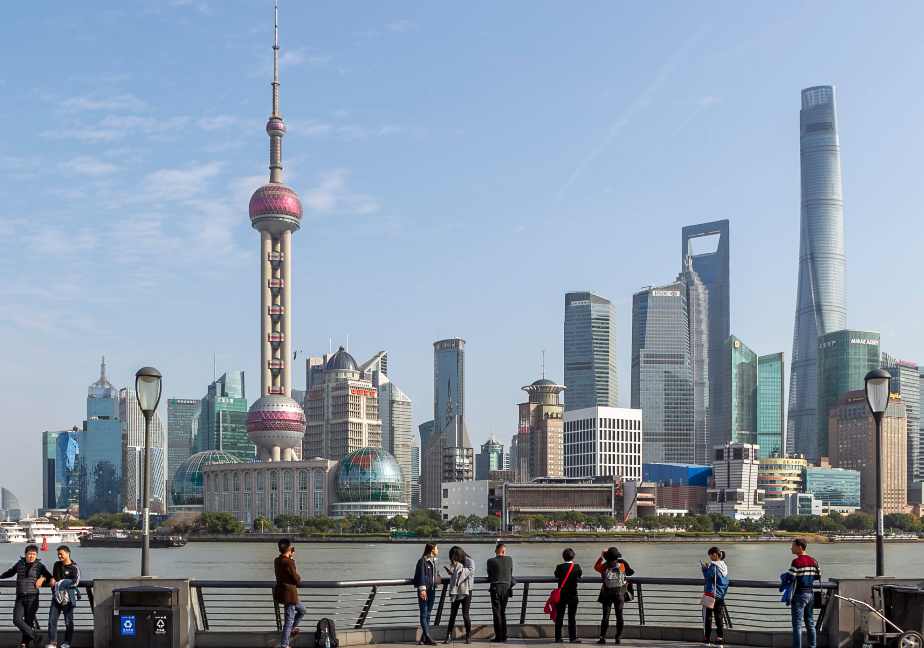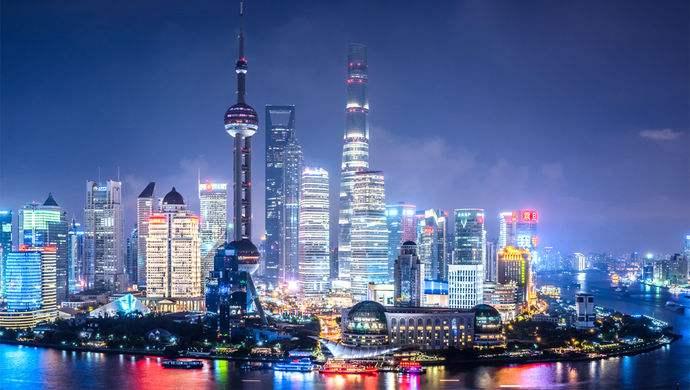BEIJING, July 23 (Xinhua) -- Due to the outbreak of the novel coronavirus epidemic, China's cultural and tourism industry has been greatly affected in the past six months. However, the rise of the stay-at-home economy and digital economy has pointed out the new directions and brought opportunities for the development of China's cultural and tourism industry during the epidemic.
At the Culture and Tourism Industry Innovation in the Post-Pandemic Era Seminar organized by the Institute for Cultural Industries of Shenzhen University, experts agreed that the epidemic was a challenge for China's cultural and tourism industry, but also allowed people to see more possibilities for the innovative development of cultural tourism in the post-epidemic era.
At present, with the policies launched including the reopening of cinemas and the recovery of trans-provincial group tours following a period of suspension due to the epidemic, it is believed that China's cultural and tourism industry will see a rapid recovery and achieve more comprehensive development.
 Photo: Shanghai, one of the most famous tourism cities in China.
Photo: Shanghai, one of the most famous tourism cities in China.
-- The epidemic, a crisis but also an opportunity for China's cultural and tourism industry development
New consumption and retail models emerged from China's "contactless" economy amid its battle against the novel coronavirus outbreak are fueling consumption momentum as new growth drivers.
According to the Assessment Report on Impact of COVID-19 Pandemic on Chinese Enterprises released by the United Nations Development Program, China's digital economy has accelerated its development during the epidemic and public opinion has significantly grown more positively towards online working, online education, and online gaming by 537 percent, 169 percent, and 124 percent respectively.
Professor Xiang Yong from Peking University believes that the epidemic has accelerated the development of emerging digital cultural industries, accelerated the Internet-based upgrade of traditional cultural industries, enhanced the quality of cultural products, and intensified the optimization and adjustment of the cultural industry structure.
-- China's cultural and tourism industry expected to achieve more development in the Post-Pandemic Era
China's tourism market has been warming up, with effective epidemic prevention and control measures in place. The country saw around 48.81 million domestic tourist trips made during the Dragon Boat Festival holiday in late June, bringing in 12.28 billion yuan, official data showed.
Travel agencies in China have been given permission to resume group tours that cross provincial borders, following a period of suspension due to the epidemic, the Ministry of Culture and Tourism said in a circular on 14 July.
The limit on the number of visitors allowed in tourist attractions will be set at 50 percent of the maximum capacity, according to the circular, an increase on the previous limit of 30 percent.
Many provinces have accelerated their steps to launch relevant policies on tourism industry. For example, Guangdong issued a notice to resume trans-provincial group tours and increase the maximum capacity of tourist attractions, and Guizhou will issue cultural tourism vouchers worth 10 million yuan, launch 1,800 group tour products and more than 200 self-guided tour products to attract tourists.
The intensive release of policies on supporting tourism industries has injected a boost to the recovery of China's cultural and tourism industry. Ctrip's travel data shows that as soon as the news of trans-provincial travel resumption came out, the search volume of various sectors such as vacations, hotels, and air tickets has risen rapidly. The instantaneous search volume of group tours and self-guided tours soared by 500 percent compared to that before launching relevant policies.
It is believed that cultural and tourism enterprises will gradually resume work and production as the resumption of group tours and cinemas industries in China, and cultural tourism economy will see a rapid recovery and achieve more comprehensive development in the post-epidemic era. (Edited by Gao Jingyan with Xinhua Silk Road, gaojingyan@xinhua.org)




 A single purchase
A single purchase









